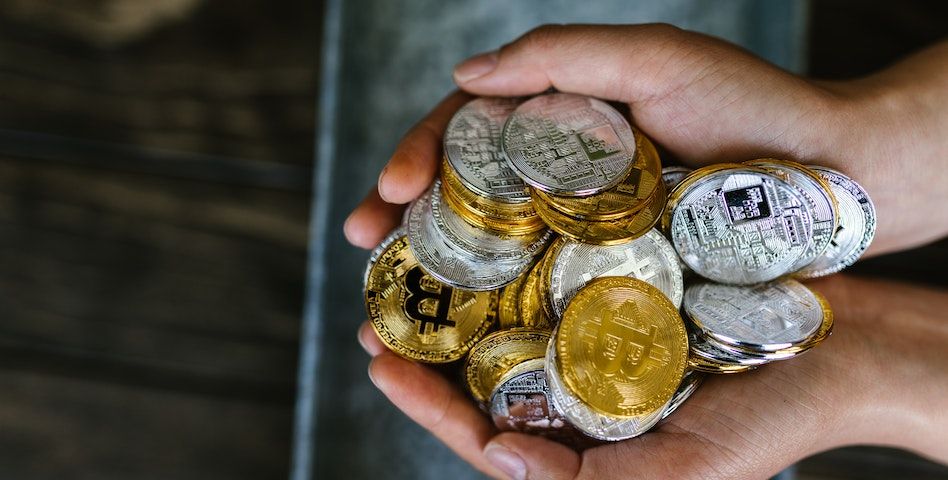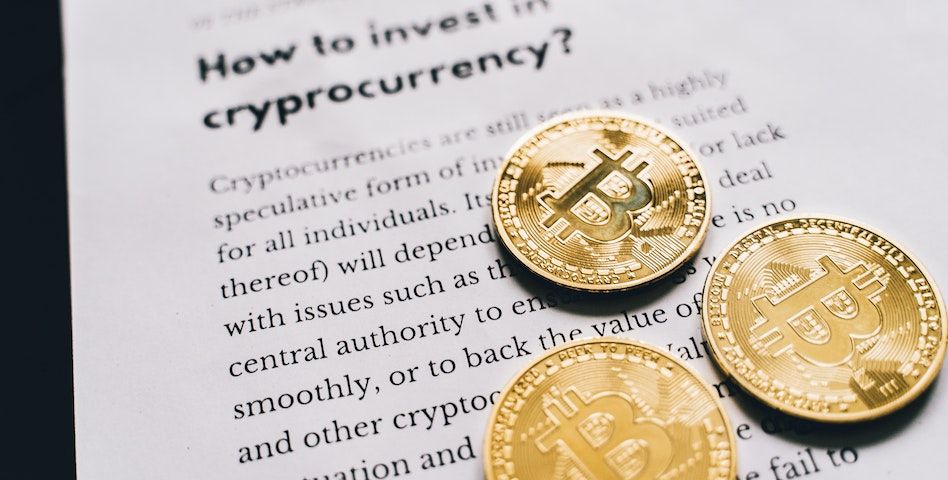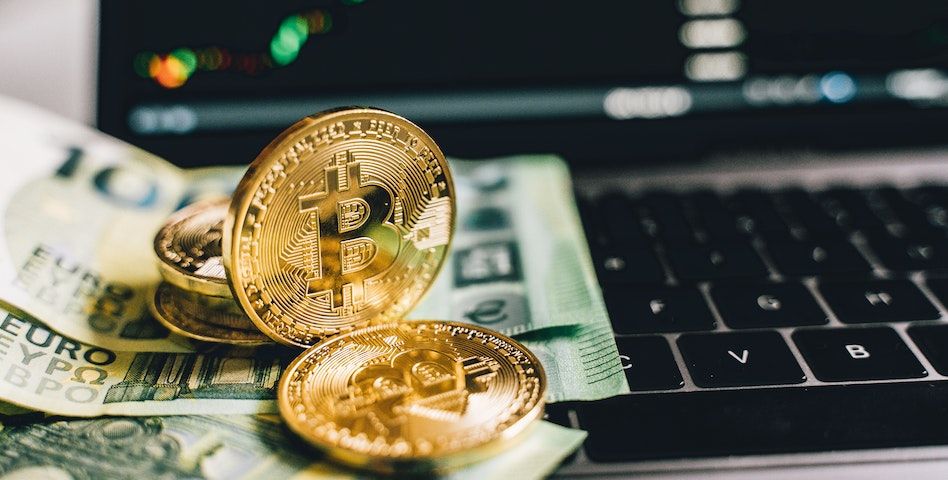Investing in crypto: Good or a bad idea?
Cryptocurrency may be a good investment if you are willing to accept it as a high risk gamble which could pay off – but also that there is a strong chance you could lose all of your money.
Prices of cryptocurrencies including bitcoin have surged spectacularly in the past but they have plunged in 2022, so it is important that if you are planning to invest in them, you go in with your eyes open.

Is it a good idea to invest in cryptocurrency?
If you invest in cryptocurrency, do it based on the facts, not the hype – and there is a lot of hype.
Before you buy and sell digital currency, know the risks so you can judge if investing in it is a good idea for you and your personal finances. Here, we help you understand how cryptocurrency works.
What are the risks of investing in cryptocurrency?
Governments and financial regulators in almost every country have warned investors of the risks posed by buying cryptocurrency.
And that the warnings have been so emphatic and widespread is partly down to the hype around digital currencies.
When an investment makes headlines for soaraway returns, is featured in advertisements or endorsed by celebrities as a way to get rich, investors can pile in without thinking through the possible consequences.
1. Volatility
Extreme volatility is a defining factor of cryptocurrency. While you may make high returns, you could also lose everything.
Read the experiences of one Times Money mentor reader: “Buying bitcoin instead of spending on nights out has made me $16,600”.

2. Scams
In November 2021, around £1 million–worth of cryptocurrency scams were being reported to Santander UK by its customers each month. The scale of crypto fraud overall will be much greater.
One of the most common types is when a criminal hacks into your computer and freezes you out of your account.
3. Exaggerated promises of high returns
Cryptocurrency firms may also be overstating how much investors could receive from investing in crypto, while minimising the risks.
Is cryptocurrency a good way to make money?
Bitcoin’s price soared through 2021, reaching record highs of $69,000 in November. But the price of bitcoin has been falling in 2022 amid a wider cryptocurrency sell-off as investors steer clear or riskier investments at a time of rising inflation and interest rates.

What are average returns for cryptocurrencies?
There is no guarantee a cryptocurrency will remain in action in the long run.
For example, of the top ten cryptocurrencies by market value in 2013, only seven are still functioning today.
In 2013, one bitcoin was worth just under $112, and the currency had a total market value – all the bitcoins in circulation multiplied by the price of each one – of just over $1.2bn.
On 16 May 2022, one bitcoin was worth about $30,000 and had a total market value of $1.3 trillion.
Eight years ago, one litecoin was worth $3.38. In April 2021, it commanded a value of about $245 per coin. Now it is worth about $60.
Devcoin, novacoin and CHNCoin are no longer listed by the price-tracking website CoinMarketCap, while freicoin and terracoin have fallen in value and the latter is worth a fraction what it was in 2013.

So while the standard advice for investors in any asset is to keep their money where it is for at least five years to ride out market downturns and benefit from the good times – as some bitcoin investors have done – buying smaller coins and holding onto them as a long-term investment.
There is a constant stream of new cryptocurrencies entering the market. Dogecoin is just one recent example: it took off in May 2021 but has struggled to sustain investor momentum.
Checklist
- Cryptocurrency investors should do their due diligence, as they would with any other investment.
- Think long and hard about which cryptocurrency has the genuine potential to change the world.
- Try not to be swayed by malicious money-grabbers shouting this or that coin is “going to the moon”.
- Remember there is nothing quite like losing a month’s wages in a day to bring an investor right back down to earth.